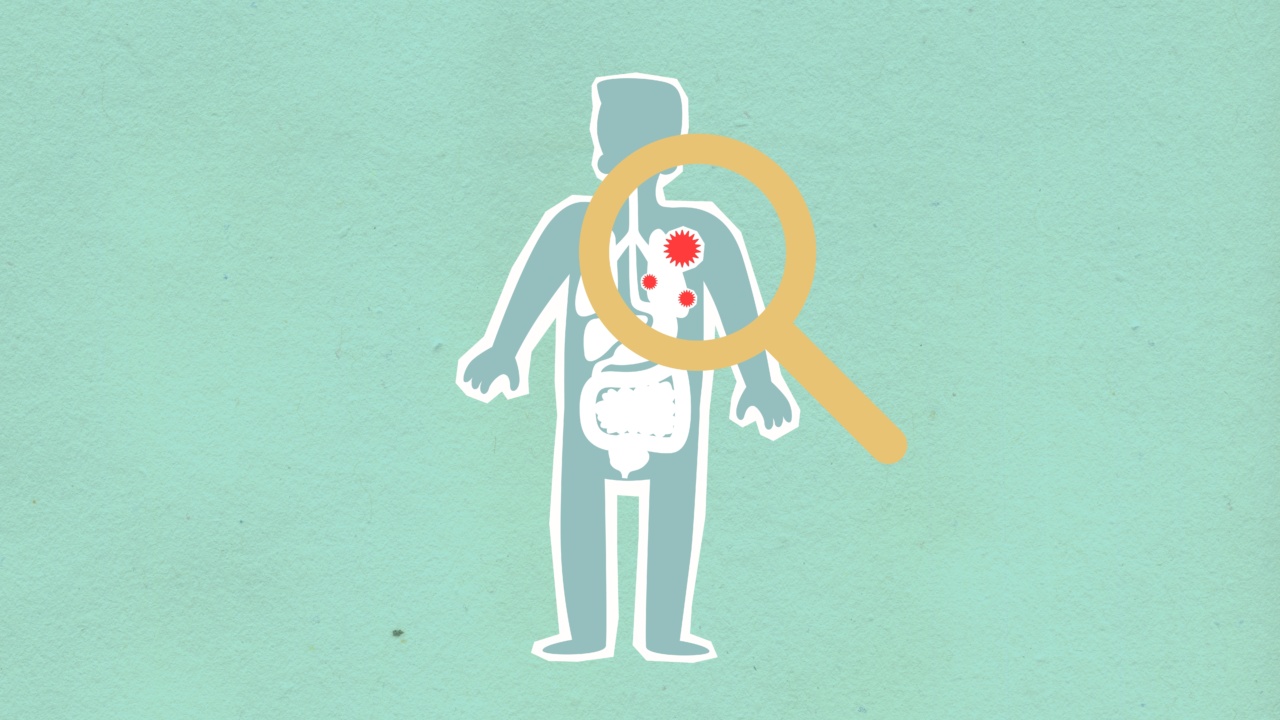Heart disease is a leading cause of death worldwide, and multiple factors contribute to its development. One of these factors is cholesterol, a waxy substance found in certain foods and produced by our bodies.
While cholesterol is essential for various bodily functions, elevated levels of certain types of cholesterol, such as low-density lipoprotein (LDL) cholesterol, have been associated with an increased risk of heart disease.
Understanding Different Types of Cholesterol
Cholesterol can be broadly divided into two types: dietary cholesterol and blood cholesterol. Dietary cholesterol refers to the cholesterol found in the foods we consume, while blood cholesterol refers to the cholesterol circulating in our bloodstream.
The Egg Controversy
Eggs are a widely consumed food rich in essential nutrients. However, their high cholesterol content has raised concerns about their potential impact on blood cholesterol levels and heart health.
One large egg can contain about 186 milligrams of cholesterol, primarily found in its yolk.
Research Findings on Eggs and Cholesterol
Over the years, studies have investigated the relationship between egg consumption and cholesterol levels. Early research suggested that consuming eggs might raise cholesterol levels, particularly LDL cholesterol.
However, more recent research has challenged this belief.
The Impact of Eggs on Blood Cholesterol
Several carefully controlled studies have been conducted to examine the effect of eggs on blood cholesterol levels. Interestingly, these studies have generally shown that consuming eggs does not significantly raise LDL cholesterol levels in most people.
However, individuals with diabetes or certain genetic predispositions may experience a mild increase in LDL cholesterol after consuming eggs.
The Role of Other Dietary Factors
It’s important to note that the impact of dietary cholesterol, such as that found in eggs, on blood cholesterol levels can vary from person to person. Some individuals are more responsive to dietary cholesterol than others.
Additionally, other dietary factors, such as saturated and trans fats, have a more significant impact on blood cholesterol levels than dietary cholesterol alone.
The Nutritional Benefits of Eggs
Eggs are highly nutritious and offer numerous health benefits. They are an excellent source of high-quality protein, containing all the essential amino acids our bodies need.
Eggs also provide essential vitamins and minerals, including vitamin B12, vitamin D, and selenium. Furthermore, eggs are rich in antioxidants that support eye health, such as lutein and zeaxanthin.
Eggs and Heart Disease Risk
Contrary to previous beliefs, recent research suggests that moderate egg consumption may not increase the risk of heart disease in healthy individuals.
In fact, some studies have even indicated potential cardiovascular benefits associated with egg consumption. These benefits could be attributed to other nutrients present in eggs, such as omega-3 fatty acids and antioxidants.
Individualized Dietary Choices
Like most foods, the impact of eggs on cholesterol and heart disease risk is not universal. It depends on various factors, including an individual’s overall diet, lifestyle, and existing health conditions.
For some individuals, consuming eggs in moderation can be part of a heart-healthy diet, while others may need to limit their intake based on personal cholesterol levels and other factors.
Considerations for a Heart-Healthy Diet
To maintain a heart-healthy diet, it is essential to focus on overall eating patterns and not just a single food item. Incorporating a variety of nutrient-rich foods, such as fruits, vegetables, whole grains, lean proteins, and healthy fats, is crucial.
Regular exercise, weight management, and avoiding smoking are also important lifestyle factors in promoting cardiovascular health.
Consulting a Healthcare Professional
If you have concerns about your cholesterol levels or heart health, it is recommended to consult a healthcare professional or a registered dietitian.
They can offer personalized advice and guidance based on your specific needs and help you make informed dietary choices.
Conclusion
Investigating the impact of eggs on cholesterol and heart disease reveals a complex relationship.
While eggs are high in cholesterol, current research suggests that moderate egg consumption may not significantly raise blood cholesterol levels or increase the risk of heart disease in most individuals. However, individual responses to dietary cholesterol can vary, and it is crucial to consider overall dietary patterns and individual health conditions when making dietary choices.



























